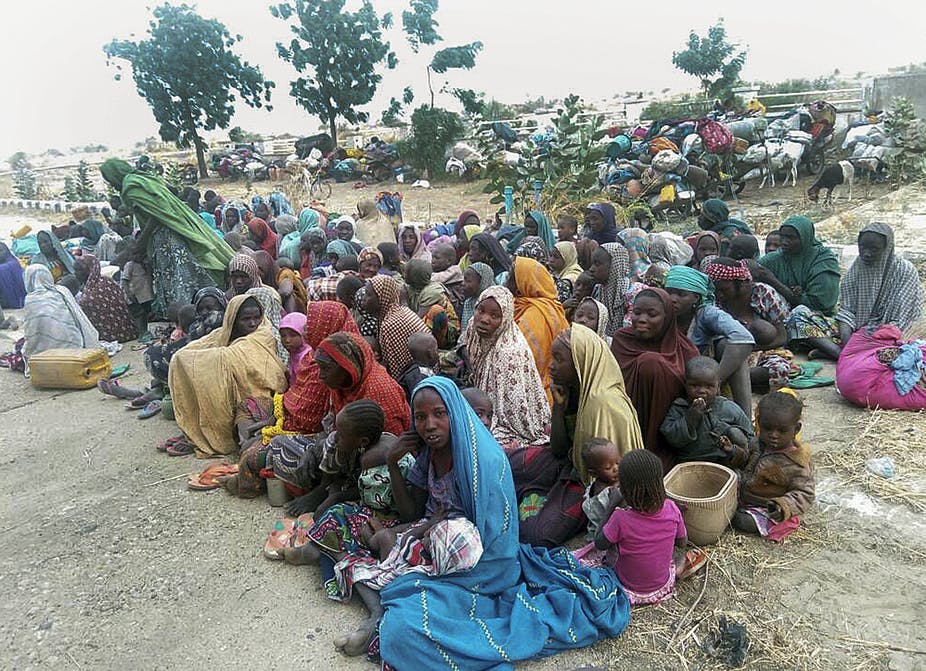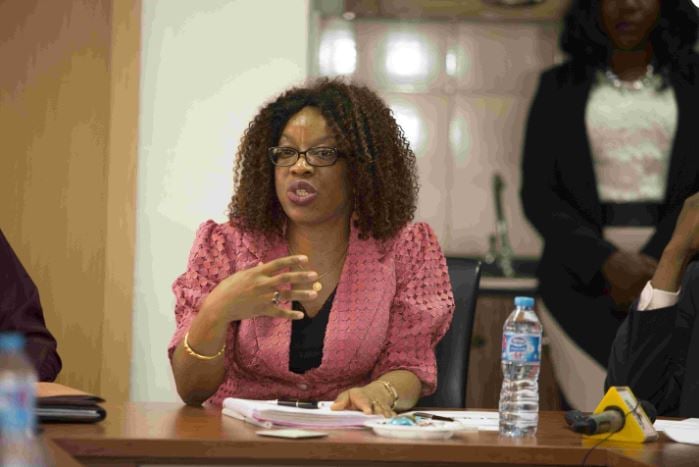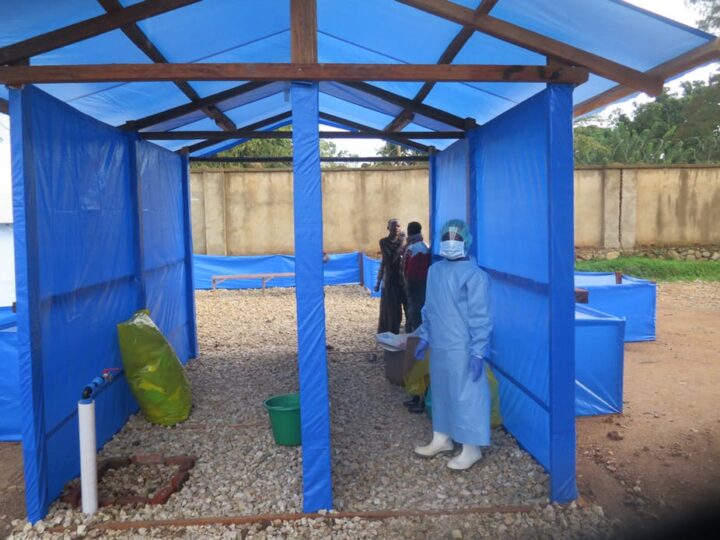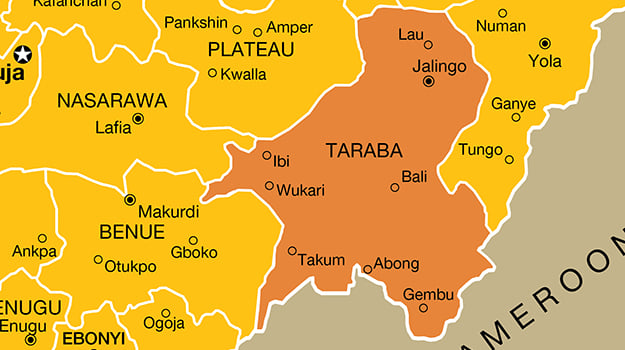File photo of internally displaced women
BY Jordan N Galehan
Women have participated in political violence consistently over time. In more recent decades the suicide bomber role has become the predominant operational role for women to engage in. This is reflected in groups like the Liberation Tigers of Tamil Eelam, the Chechen Black Widows, and the Iraqi-affiliated movements, such as Al-Qaeda and the Islamic State.
This is true of Nigeria’s Boko Haram terror group too. The group frequently deploys female suicide bombers. In fact, it has recruited more women as militants and suicide bombers than any other terrorist organisation in history.
Based on data found in the Global Terrorism Database and other scholarly research, there have been over 150 incidents of female bombings affiliated with the group. Some estimates place the number of women as over 50% of the group’s bombers.
Using the Global Terrorism Database plus content analysis of open source news articles, my study sought to explain the rise in female suicide bombers within Boko Haram.
Advertisement
I discovered a number of reasons were behind the group’s choice of women as suicide bombers. I also examined how and why women found themselves as members of the group.
My key finding was that the main reason Boko Haram had such a high rate of female bombers was the high incidence of kidnappings and abductions. This meant that it had a high proportion of women in its ranks.
What’s behind ‘recruitment’
Advertisement
The research was conducted using open-sourced news articles from a mix of Nigerian, international, and Western sources. The sources were provided in the terrorism database and listed under each bombing incident.
From the database, my study was able to find over 200 credible news sources that provided rich narrative information about each incident. Content analysis of these sources was able to flesh out several emerging themes, patterns, and nuances regarding the bombings.
My study showed in many cases that it was more cost effective for the organisation to use women because they were recruited by force through kidnappings and abductions which meant that there was no outlay in having to recruit them.
In addition, using female suicide bombers increased publicity and media attention and added to fear in the population. This was because acting as suicide bombers contracted societal perceptions about women as caring, nurturing and nonviolent.
Advertisement
At an instrumental level, Boko Haram deploys female bombers because women can infiltrate targets undetected and are less likely to be searched for weapons. Women infiltrated civilian areas effectively in 45% of the attacks I used as a sample for my study. They did this by blending in with the civilian populations and going undetected. Another reason for their effectiveness was that they weren’t searched at checkpoints.
Why women join
I found that woman joined the group to escape the patriarchal structure of domestic life, while others joined to gain money, respect, and status.
But by far the biggest majority were abducted and forced to join.
Advertisement
My findings showed that for some young women Boko Haram presented the opportunity for a better life. Many viewed being part of the group as a better alternative with more opportunities available given the political and social climate of the Nigerian region.
As in many sub-Saharan countries, Nigeria scores low in areas of gender development and equality. This includes literacy rates, educational attainment, employment, reproductive health and adolescent birth rates, and political involvement as reported in the gender inequality and development, and human development indices.
Advertisement
This leaves them with limited options and little chance of changing their circumstances.
The opportunities and freedoms, even within strict religious constraints, that Boko Haram presents can outweigh navigating the traditional social order. Consequently, many women join the group to escape the patriarchal trappings of domestic life with limited means to improve status.
Advertisement
This is how a 2016 report conducted by the International Crisis Group describes the situation for women:
With patriarchy, poverty, corruption, early marriage, and illiteracy long thwarting their life chances, some women [see] an opportunity in Boko Haram to advance their freedoms or reduce their hardship. Many [value] the religious and moral anchoring.
Advertisement
Reports and interviews show that some women had joined voluntarily. Some said they had chosen to marry militant fighters in the camps for status, respect, money and opportunity.
Others had been coerced through abduction or being kidnapped, and forced to participate in the group. But even this had varying layers and nuances.
Willing participation and coercion isn’t unique to Boko Haram. Earlier research shows that women are willing participants in other terrorist groups too and that they join because of personal or family motivations However, their situations can quickly become coercive when sexual victimisation occurs.
Boko Haram’s tactics reflect its connections to other Islamic terrorist organisations. But it has blended those tactics with regional, cultural, and historical factors that have its attacks uniquely devastating.![]()
Jordan N Galehan, PhD, Southern Illinois University
This article is republished from The Conversation under a Creative Commons license. Read the original article.
Add a comment






